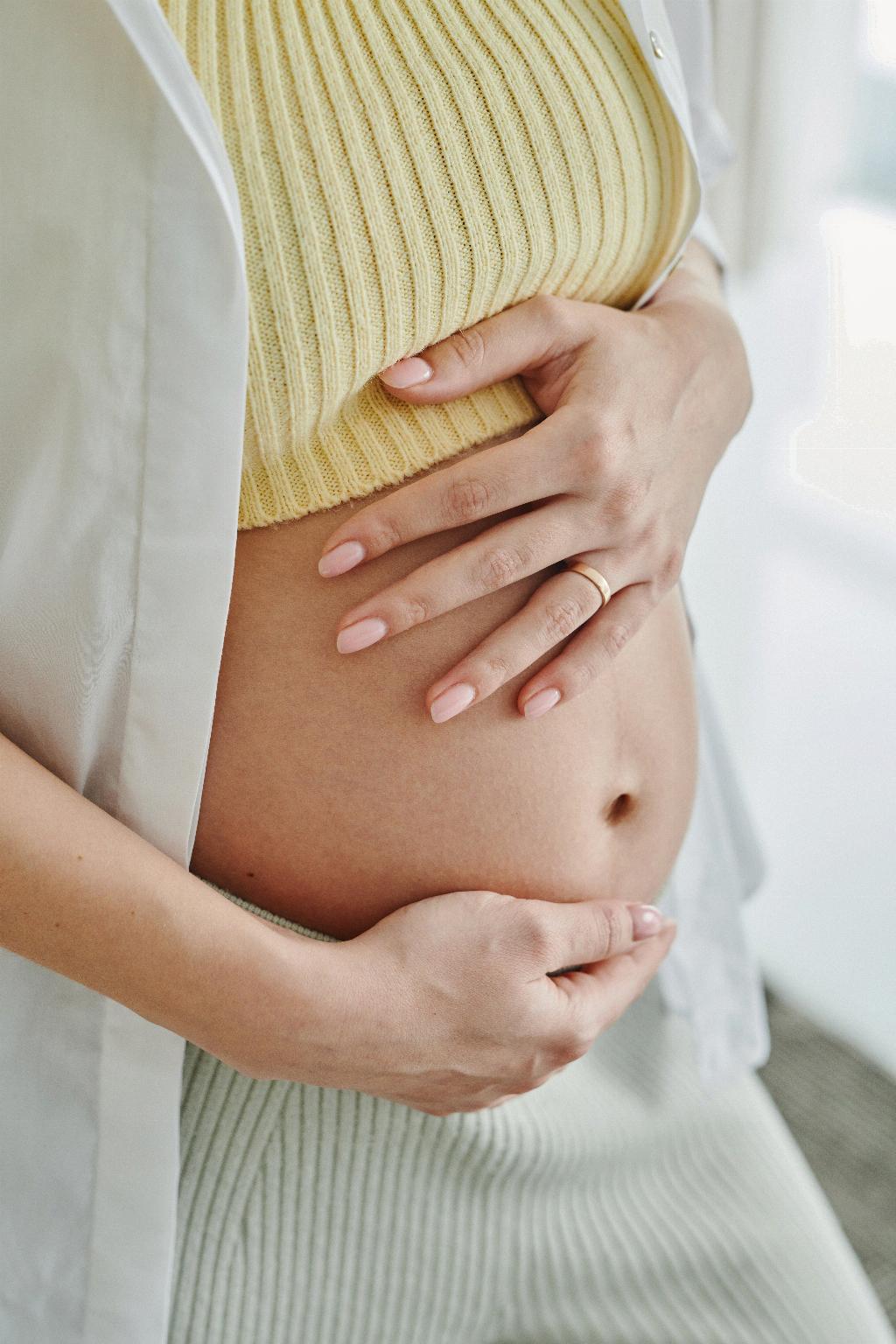During pregnancy, a woman’s body goes through a multitude of changes, both physically and hormonally. While many people are familiar with common symptoms like morning sickness and food cravings, fewer may be aware of the potential for changes in taste perception.
The Science Behind Altered Taste
One of the common complaints from pregnant women is experiencing a strange or metallic taste in their mouths. This phenomenon can be attributed to hormonal fluctuations, particularly an increase in estrogen levels, which can affect the taste buds and how flavors are perceived.
Bitter and Metallic Sensations
If you find yourself tasting bitterness or metal in your mouth during pregnancy, you are not alone. These taste alterations are reported by many expectant mothers and are generally considered a normal part of the pregnancy experience.
Possible Causes of Weird Taste Sensations
Aside from hormonal changes, other factors may contribute to the unusual taste in your mouth while pregnant. Increased saliva production, changes in diet, and heightened sensitivity to certain smells can all play a role in altering your taste perception.
Coping Strategies for Unpleasant Tastes
Dealing with a weird taste in your mouth can be challenging, especially when it lingers throughout the day. To alleviate discomfort, try drinking plenty of water, sucking on ice chips, or opting for cold or citrusy foods which may help mask the unpleasant taste.
Consulting Your Healthcare Provider
If the taste disturbance becomes particularly bothersome or is accompanied by other concerning symptoms, it is advisable to discuss it with your healthcare provider. They can offer guidance and reassurance, ensuring your well-being and that of your developing baby.
Impact on Nutritional Intake
While changes in taste can make eating less enjoyable during pregnancy, it is essential to maintain a balanced diet to support both your health and that of your baby. Seeking out alternative sources of nutrients or trying different food preparation methods can help manage taste aversions.
Embracing the Uniqueness of Pregnancy
Every pregnancy journey is unique, and experiencing a weird taste in your mouth can be seen as part of that individual process. Embrace the changes happening within your body and remember that they are temporary and a sign of the remarkable journey of creating new life.
Connecting with Other Expectant Mothers
Joining support groups or online forums for pregnant women can provide a sense of camaraderie and understanding as you navigate the ups and downs of pregnancy. Sharing experiences and tips with others who are going through similar changes can be both comforting and empowering.
Self-Care and Relaxation Techniques
In addition to physical symptoms, pregnancy can also bring about emotional challenges. Taking time for self-care, practicing relaxation techniques such as deep breathing or gentle exercise, and engaging in activities that bring you joy can help alleviate stress and promote overall well-being.
Final Thoughts on Taste Changes in Pregnancy
While a weird taste in your mouth may not be the most pleasant symptom of pregnancy, it is generally considered normal and temporary. By understanding the reasons behind these taste alterations and employing strategies to cope with them, you can navigate this aspect of pregnancy with greater ease and confidence.
In Conclusion
Remember, your body is undergoing incredible changes to nurture and support the growth of your baby. Embrace the journey, stay connected with your healthcare provider, and seek support when needed. You are embarking on a remarkable chapter of your life, filled with both challenges and joys.

